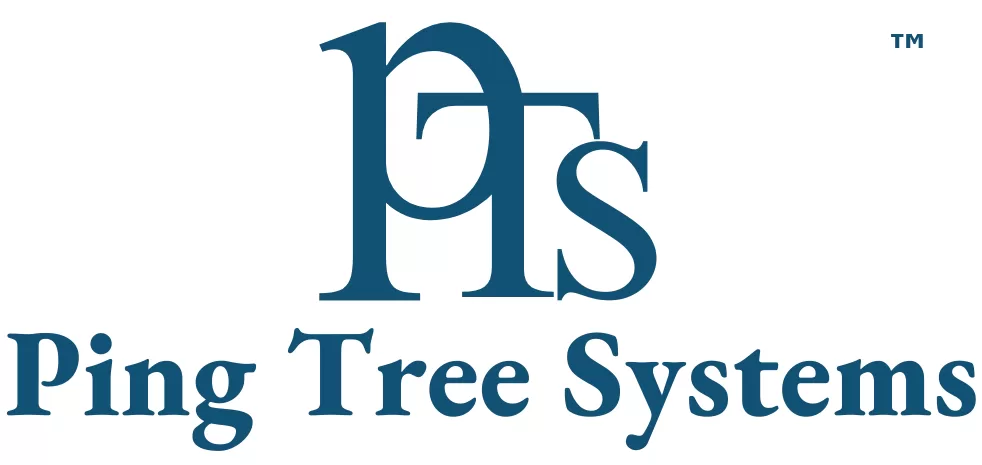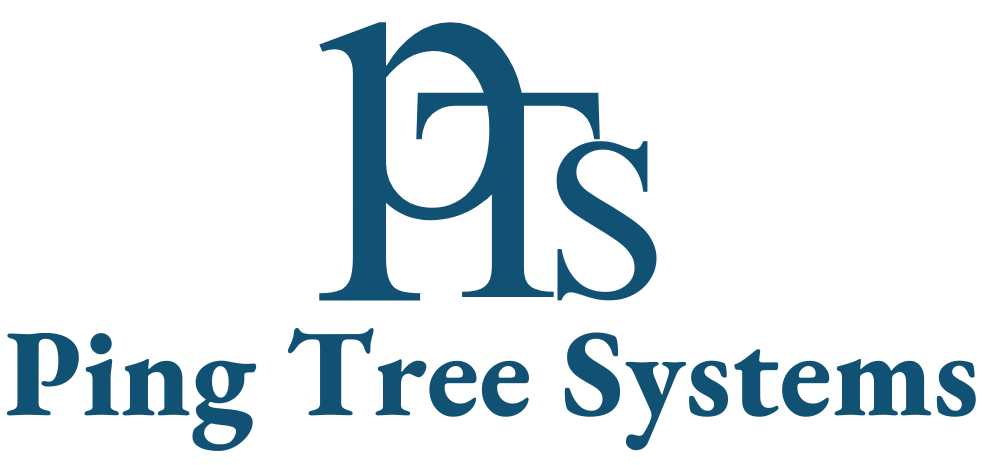The auto insurance industry is highly competitive, and lead generation plays a crucial role in acquiring new customers. Many insurance companies and agents rely on buying leads to expand their client base, while lead generation companies specialize in selling these leads for profit. Ping Tree System and Ping Tree Software are commonly used in this process to efficiently distribute and manage leads among multiple buyers. However, this practice is subject to various legal considerations that both buyers and sellers must understand to avoid regulatory violations and potential legal repercussions.
Understanding Lead Generation in Auto Insurance
Lead generation involves collecting information from potential customers who are interested in auto insurance and selling this data to insurance companies, brokers, or agents. These leads can be obtained through various channels, including online forms, call centers, social media, and third-party data providers. Ping Post Lead Distribution, along with Ping Post Lead Distribution Software and Lead Distribution Software, helps streamline the process by ensuring leads are efficiently distributed to the right buyers in real-time. While lead generation is a legitimate business practice, it must comply with legal and ethical standards to protect consumer rights and ensure fair competition.
Key Legal Considerations in Buying and Selling Auto Insurance Leads
1. Compliance with Data Privacy Laws
Consumer data privacy is a major legal concern in lead generation. Businesses dealing with auto insurance leads must comply with data protection regulations such as:
-
The Gramm-Leach-Bliley Act (GLBA): Requires financial institutions, including insurance companies, to protect consumer data and provide privacy notices.
-
The Telephone Consumer Protection Act (TCPA): Regulates telemarketing calls, text messages, and the use of automated dialing systems. Buyers and sellers of leads must ensure that contact is made with consumer consent.
-
General Data Protection Regulation (GDPR) (if dealing with EU citizens): Enforces strict data collection, processing, and consent requirements.
-
The California Consumer Privacy Act (CCPA): Grants California residents control over their personal data and requires businesses to disclose data collection practices.
2. Obtaining Consumer Consent
One of the most critical aspects of lead generation is obtaining explicit consent from consumers before collecting, storing, or selling their data. Lead Distribution Systems play a key role in managing and distributing these leads efficiently. Lead sellers must ensure that individuals have agreed to be contacted for auto insurance offers. This is typically done through opt-in checkboxes on online forms, recorded verbal consent, or written agreements. Utilizing Ping Post Lead methods and Leads Distribution Software helps automate and streamline the process while maintaining compliance with legal and ethical standards.
3. Avoiding Fraudulent and Misleading Practices
Lead generation companies must ensure transparency and accuracy when collecting and selling leads. Some unethical practices to avoid include:
-
Selling aged, recycled, or fake leads
-
Using deceptive advertising to lure consumers
-
Failing to disclose lead resale to multiple buyers
Regulators, such as the Federal Trade Commission (FTC), actively monitor and penalize businesses engaged in misleading lead generation practices.
4. Adhering to Do Not Call (DNC) Regulations
The National Do Not Call Registry prohibits unsolicited marketing calls to consumers who have registered their phone numbers. Auto insurance lead buyers must check that the leads they purchase comply with DNC regulations to avoid fines and lawsuits. Utilizing Ping Post Software, Ping Post Lead Distribution, and Ping Post Lead Distribution Software can help ensure that leads are properly filtered and distributed to compliant buyers, reducing the risk of regulatory violations.
5. Understanding Contractual Agreements
When buying or selling auto insurance leads, having a clear contract is essential. A well-drafted agreement should outline:
-
The quality and type of leads being sold (e.g., exclusive vs. shared leads)
-
Refund and dispute resolution terms for invalid or non-compliant leads
-
Liability clauses to define each party’s legal responsibilities
-
Compliance with regulatory requirements
6. State-Specific Regulations
Auto insurance regulations vary by state. Some states have stricter laws regarding telemarketing, data privacy, and lead resale. Businesses must be aware of and comply with state laws to operate legally.
Best Practices for Legally Compliant Lead Generation
-
Use transparent data collection methods and provide clear opt-in options.
-
Verify the quality and legitimacy of leads before selling or purchasing.
-
Conduct regular compliance audits to ensure adherence to legal requirements.
-
Work with a legal expert to draft and review contracts.
-
Stay updated on changing regulations to avoid compliance risks.

